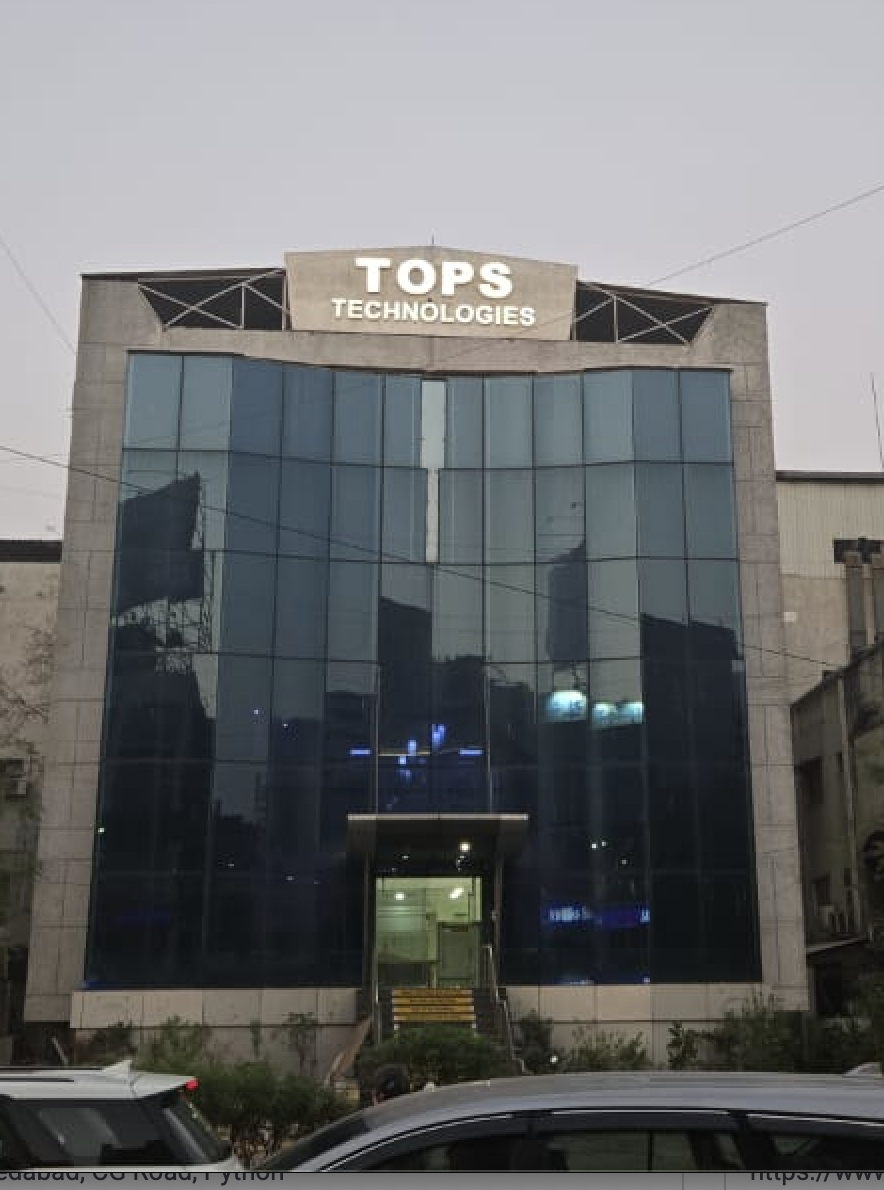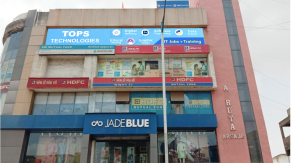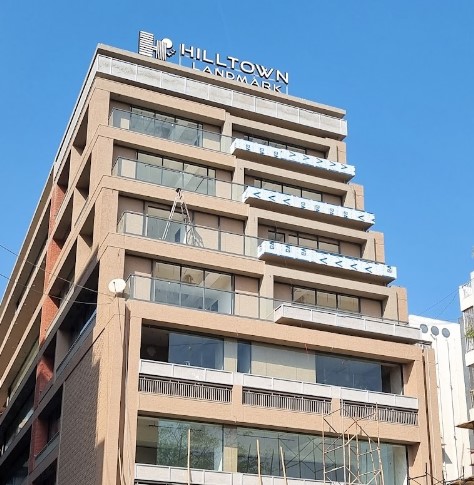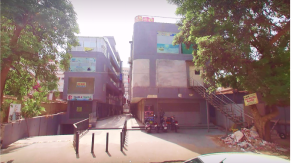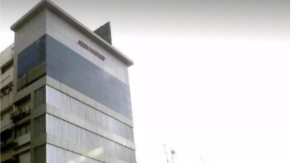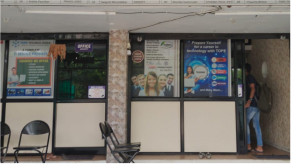The United States of America is having the highest learning Institutions in the world. The American bodies and their quality play a very important role in the educational field.!! There is the list of world-class academically learning institutions and their programs with the highly qualified teaching staff, and of course, it is not limited to; Stanford University, Harvard, Yale, Cornell, UC Berkeley, California Institute Of Technology, MIT, University
Of Pennsylvania, Northwest University, etc..!!
The best part of the USA is there is a vast number of Academic options are served to students, which can lead to fulfilling every goal of the student, and also be helpful in the economic growth of the country.!!
As we all know, that the certificate or a degree from any of the college, university or an institute is completely useless if it is not recognized by other Institutions, or field authorities or any employer, Hence there is a plus point to choose USA as a study destination that there are thousands of US schools which offers the credentials recognized in almost every corner of the world.!! No matter what degree the candidate wants to appear for, he or she
has to use computers and technologies in order to succeed.!!
There are many Universities who already have incorporated the latest systems of using technologies in their regular curriculum, which is really encouraging the students to obtain proficiency before going to the workplace.!! There are many specialized technologies that are coming in the market; such as the medical equipment. This helps the students to get more real potential and gain real and relatable experience in the market all over the world.
There are three types of student visas to the USA:
- F1 Student Visa
- J1 Exchange or Visitor Visa
- M-1 Vocational / Non-Academic Student Visa
F1 Student Visa Students applying for a program that requires more than 18 hours of study in a week require an F1 visa. This includes all undergraduate programs, as well as graduate programs like MS, MBA, etc Spouses or children accompanying F-1 visa recipients, will travel on an F-2 visa.
Please note that spouses are not able to work but may accompany and/or apply for their own visa to the U.S. to work or study.
J1 Exchange Visitor Visa is for students, visiting scholars or lecturers pursuing an exchange program. For example, Fulbright scholars and many students on short-term study abroad programs from Indian universities will travel to the U.S. on a J-1 visa. The J1 visa is usually sought by a working professional who goes to America on an exchange program, hence the name Exchange Visitor Visa. These may include a 10-month
vocational training or some research fellowship, etc.
Whichever be the case, the applicants would be notified for the same by the respective institutions. Spouses or children accompanying J-1 Visa recipients will travel on a J-2 Visa. Please note that spouses are able to work when permission is obtained in advance.
M-1 Vocational/ Non-Academic Student Visa The M1 visa is a type of student visa reserved for vocational and technical schools. While the process remains similar to an F1 visa, the difference is that on entering, the M1 visas are time stamped and students cannot overstay their visit.
Working on Student Visa During the first year of studies, students cannot accept off-campus employment. Students cannot work more than 20 hours per week. During holidays and breaks, the student may work up to 40 hours per week. The student can work for a commercial firm that provides services to the college, such as a bookstore or cafeteria.












.jpg)
.jpg)
.jpg)
.jpg)
.jpg)
.jpg)
.jpg)
.jpg)
.jpg)
.jpg)
.jpg)
.jpg)
.jpg)
.jpg)
.jpg)
.jpg)
.jpg)
.jpg)





